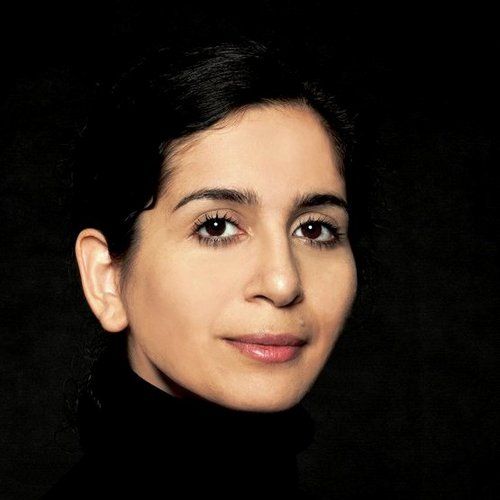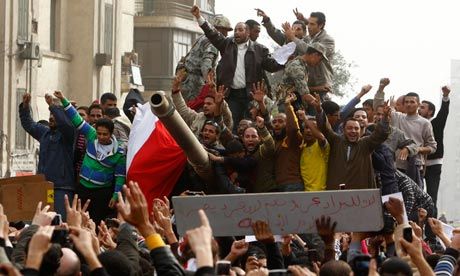By Feyaad Allie
Souad Mekhennet, German reporter and columnist who works for The New York Times, Der Spiegel and ZDF (German television) http://www.islamicstudies.harvard.edu/covering-islam/
For the Bernard D. Nossiter ’47 lecture at the Rockefeller Center on May 6, 2013, journalist Souad Mekhennet provided a different perspective on the motivations for the Arab Spring protests and their outcomes. Mekhennet obtained a unique viewpoint from witnessing protests and remaining in the region. She explained that the protesters told her they were protesting against corruption, better access to healthcare, and prosperity, not necessarily for democracy. In fact, she said that the people didn’t really seem to understand what democracy entailed.
Perhaps due the portrayal of Arab Spring events in the US, Mekhennet’s perspective was particularly interesting. In fact, it seems like constituents are more disapproving of the present condition of the government relative to the former regimes. Mekhennet stated that in Egypt 80-90% of women said that after the collapse of the Mubarak regime they were sexually assaulted. She mentioned her interviews with citizens of Arab Spring countries and revealed that most of them preferred the older regime because they were guaranteed basic security under those rulers. Elaborating, Mekhennet said the people are more afraid and women in particular are being threatened for not wearing the hijab. Overall, Mekhennet’s lecture emphasized that implementing democracy may still leave citizens with governments that neglect security or are unwilling to reform.
For me, the most interesting points that Mekhennet spoke about originated from the question and answer period. She explained that while Twitter and other social media sites were used to gather support and publicize the protest there was an often-overlooked downside: the validity of online information. Many times, Twitter updates from people at the protests were untrue. Mekhennet explained that there would be tweets about the police shooting into the crowd from protests where she was present; however, she saw no such action. As someone who is very interested and optimistic about social media, this surprised me. Prompted by a question regarding Syria, Mekhennet asserted that Syria could become the second Iraq. She recognized that several states and non-state actors have an interest in the area, making it susceptible to becoming a regional conflict.
Protesters in Tahrir Square. http://www.guardian.co.uk/books/booksblog/2011/apr/18/arabic-fiction-revolution-spring
Mekhennet’s lecture raises some interesting considerations about social media. Will the use of social media persist in the Arab world although the protests are largely over? How can social media become a more reliable source of information? Will social media serve as a form of exposure to Western culture that may have stronger implications in the future?


Very well written article. Great job, Feyaad!